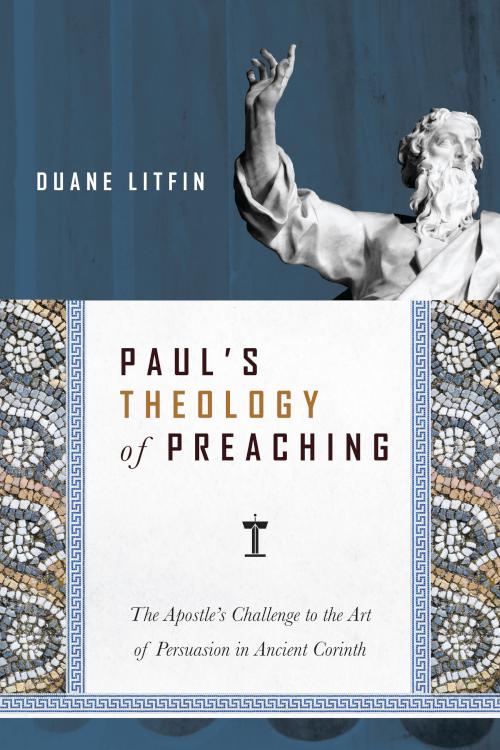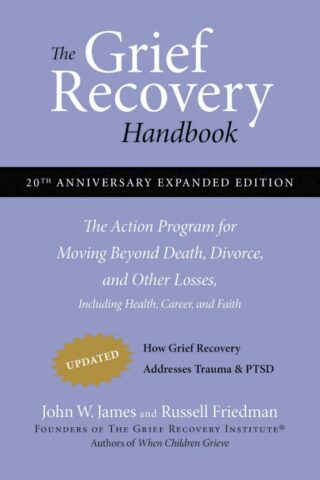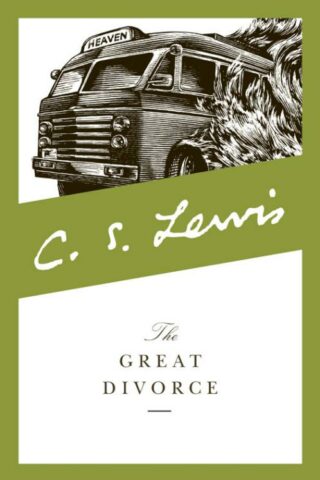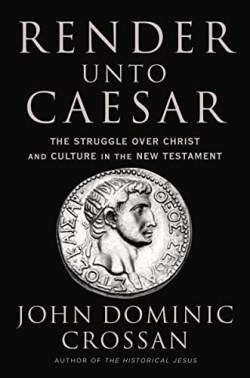Pauls Theology Of Preaching
$44.99
List Of Excurses
Preface
Acknowledgments
Abbreviations
Introduction
Part One: Greco-Roman Rhetoric
1 The Beginnings
2 The Goal Of Rhetoric
3 The Power Of Rhetoric
4 The Reach Of Rhetoric
5 The Genius Of Rhetoric
6 The Appraisal Of Rhetoric
7 The Hazards Of Rhetoric
8 The Rewards Of Rhetoric
9 The Grand Equation Of Rhetoric
Part Two: 1 Corinthians 1-4
10 Paul And Rhetoric In Corinth
11 The Setting Of 1 Corinthians 1-4
12 Paul’s Argument Introduced: 1 Corinthians 1:1-17
13 Paul’s Argument Begun: 1 Corinthians 1:17-20
14 Paul’s Argument Encapsulated: 1 Corinthians 1:21
15 Paul’s Argument Continued: 1 Corinthians 1:22-2:5
16 Paul’s Argument Completed: 1 Corinthians 2:6-4:21
Part Three: Summary And Analysis
17 Paul’s Ministry Model
18 Final Questions
19 Appropriate Strategies
Conclusion: The Pauline Model
Appendix One: Paul, Apollos And Philo
Appendix Two: The Book Of Acts
Appendix Three: Paul’s Epistemology
Appendix Four: Implications For Preaching
Appendix Five: Broader Implications
Works Cited
Author Index
Scripture Index
Additional Info
Duane Litfin, former president of Wheaton College, explores how Paul’s theology of preaching can inform the church’s preaching today. Through a detailed study of 1 Corinthians 1-4, Litfin shows how Paul’s method of proclamation differed from Greco-Roman rhetoric and how Pauline preaching can be a model for the contemporary preaching task.
in stock within 3-5 days of online purchase
SKU (ISBN): 9780830824717
ISBN10: 0830824715
Duane Litfin
Binding: Trade Paper
Published: August 2015
Publisher: InterVarsity Press
Print On Demand Product
Related products
-
Grief Recovery Handbook (Anniversary)
$17.99Add to cartNewly updated and expanded to commemorate its 20th anniversary-this classic resource helps people complete the grieving process and move toward recovery and happiness
Incomplete recovery from grief can have a lifelong negative effect on the capacity for happiness. Drawing from their own histories as well as from others’, the authors illustrate how it is possible to recover from grief and regain energy and spontaneity. Based on a proven program, The Grief Recovery Handbook offers grievers the specific actions needed to move beyond loss.
New material in this edition includes:
How to choose which loss you should work on first
How to deal with growing up in an alcoholic or otherwise dysfunctional home
Loss of faith
Loss of career
Loss of health
And much, much more. -
Great Divorce
$17.99Add to cartC.S. Lewis takes us on a profound journey through both heaven and hell in this engaging allegorical tale. Using his extraordinary descriptive powers, Lewis introduces us to supernatural beings who will change the way we think about good and evil. In The Great Divorce C.S. Lewis again employs his formidable talent for fable and allegory. The writer, in a dream, finds himself in a bus which travels between Hell and Heaven. This is the starting point for an extraordinary meditation upon good and evil which takes issue with William Blake’s The Marriage of Heaven and Hell.
-
Render Unto Caesar
$28.99Add to cartThe revered Bible scholar and author of The Historical Jesus explores the Christian culture wars–the debates over church and state–from a biblical perspective, exploring the earliest tensions evident in the New Testament, and offering a way forward for Christians today.
Leading Bible scholar John Dominic Crossan, the author of the pioneering work The Historical Jesus, provides new insight into the Christian culture wars which began in the New Testament and persist strongly today.
For decades, Americans have been divided on how Christians should relate to government and lawmakers, a dispute that has impacted every area of society and grown more rancorous over the past forty years. But as Crossan makes clear, this debate isn’t new; it can be found in the New Testament itself, most notably in the tensions between Luke-Acts and Revelations.
In the texts of Luke-Acts, Rome is considered favorably. In the book of Revelations, Rome is seen as the embodiment of evil in the world. Yet there is an alternative to these two extremes, Crossan explains. The historical Jesus and Paul, the earliest Christian teachers, were both strongly opposed to Rome, yet neither demonized the Empire.
Crossan sees in Jesus and Paul’s approach a model for Christians today that can be used to cut through the acrimony and polarization roiling our society and dividing us.






Reviews
There are no reviews yet.